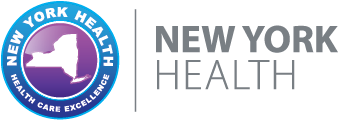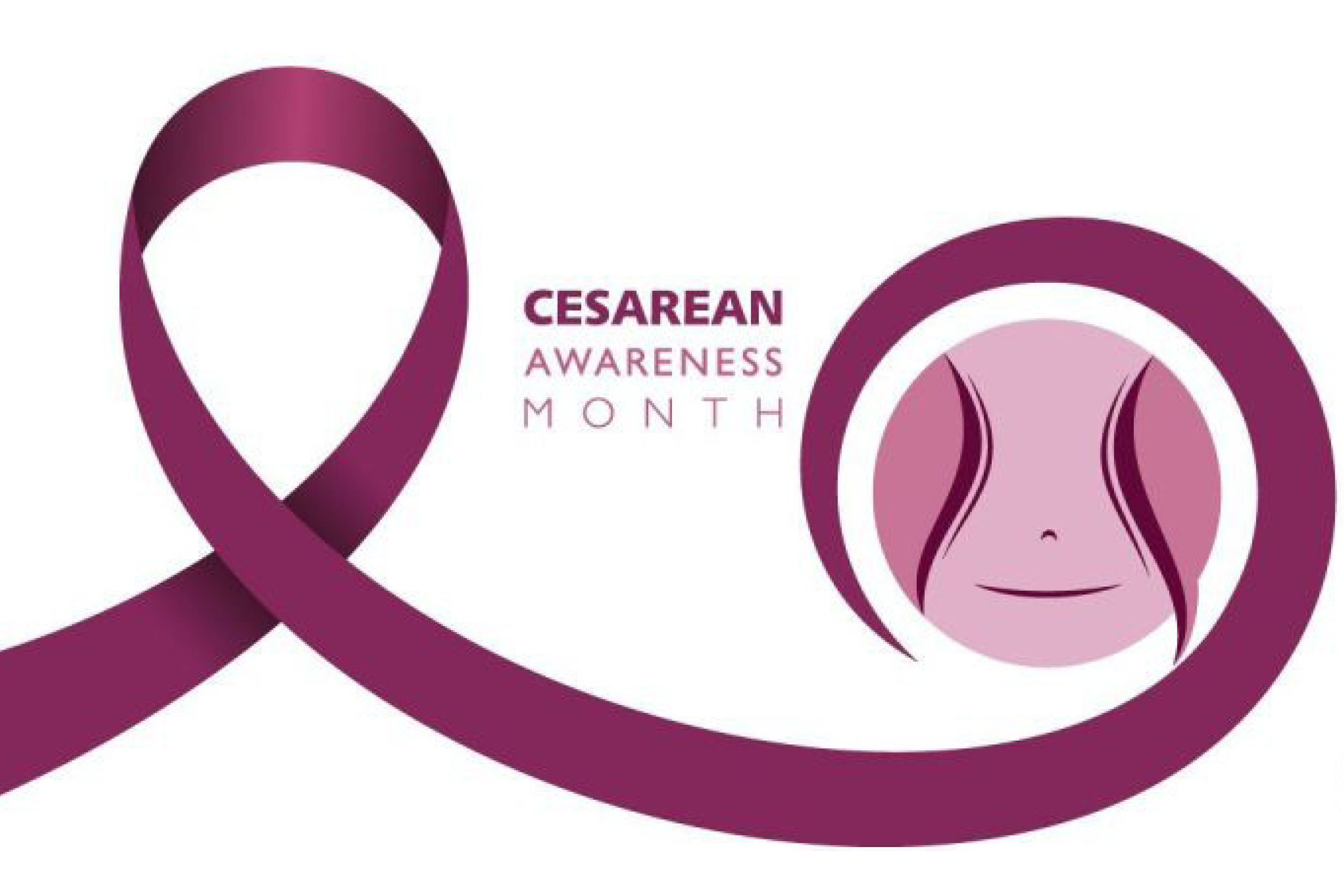What to Know About C-Sections
April is Cesarean Awareness month, a time to raise awareness about cesarean births, also called C-sections. A cesarean birth is the delivery of a baby through an incision made in the mother’s lower abdomen area. On average, 1 in 3 births in the U.S. are delivered via a C-section. Understanding the reasons for C-sections and what the recovery process looks like will help you prepare, whether planned or not.
Reasons for a C-Section
-
Abnormal fetal heart rate
-
Positioning in the womb, including feet-first (breech)
-
Developmental conditions of the baby
-
Multiple pregnancy like twins or triplets
-
Complications with the placenta or umbilical cord
How to Prepare
Educating yourself about C-sections is beneficial, whether you have a C-section planned or not. Your doctor will direct you on other important ways to prepare for a C-section. According to Vanderbilt Health, it’s recommended that you stop taking any over-the-counter blood-thinning medications a week before your C-section. It’s also important to drink plenty of water and stay hydrated.
C-Section Recovery
Because a C-section is a major surgery, the recovery time is often longer in comparison to having a vaginal birth. Rest is key during the C-section recovery process. Listen to your body and take it slow while you recover. You’ll want to avoid lifting anything heavier than your baby and bending over during your recovery. Before your C-section, plan to put anything important you might need after your delivery in a place that’s easy to reach. Pelvic floor therapy can also be helpful for recovery from a C-section.
Lean on Your Healthcare Team for Support
Utilize your OBGYN team for support before, during, and after your C-section, and ask them any questions that arise to help ease any stress. At New York Health, our team of OB/GYN specialists are dedicated to providing compassionate, patient-centered care for women at every stage of life. They offer a full range of services, from routine gynecologic exams to specialized care for high-risk pregnancies and complex gynecologic conditions. They also prioritize patient education and empowerment, working closely with each patient to develop personalized care plans that meet their unique needs and goals.
Sources:
American Pregnancy Association: Cesarean Procedure
Vanderbilt Health: Getting Ready for Your Cesarean Section

